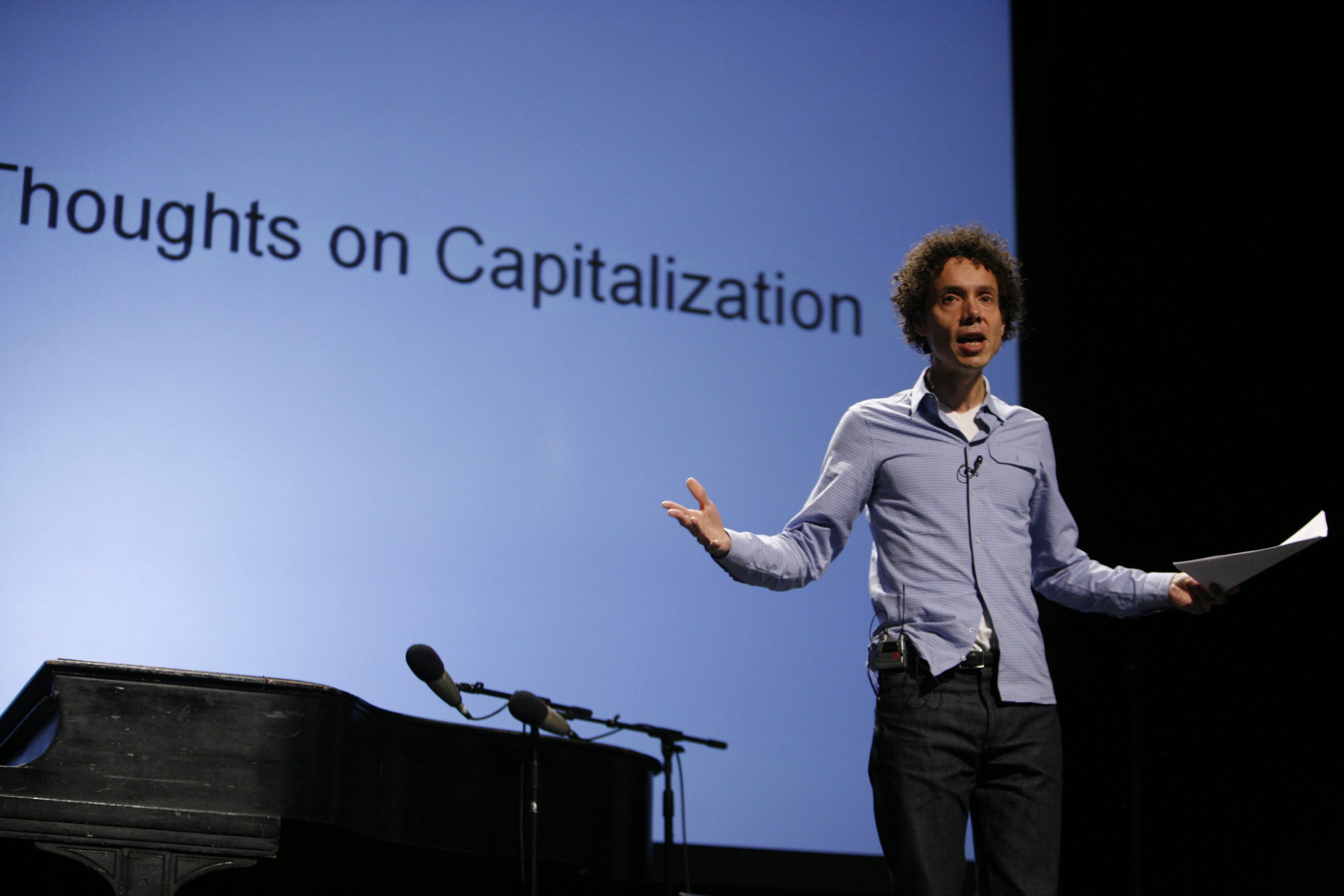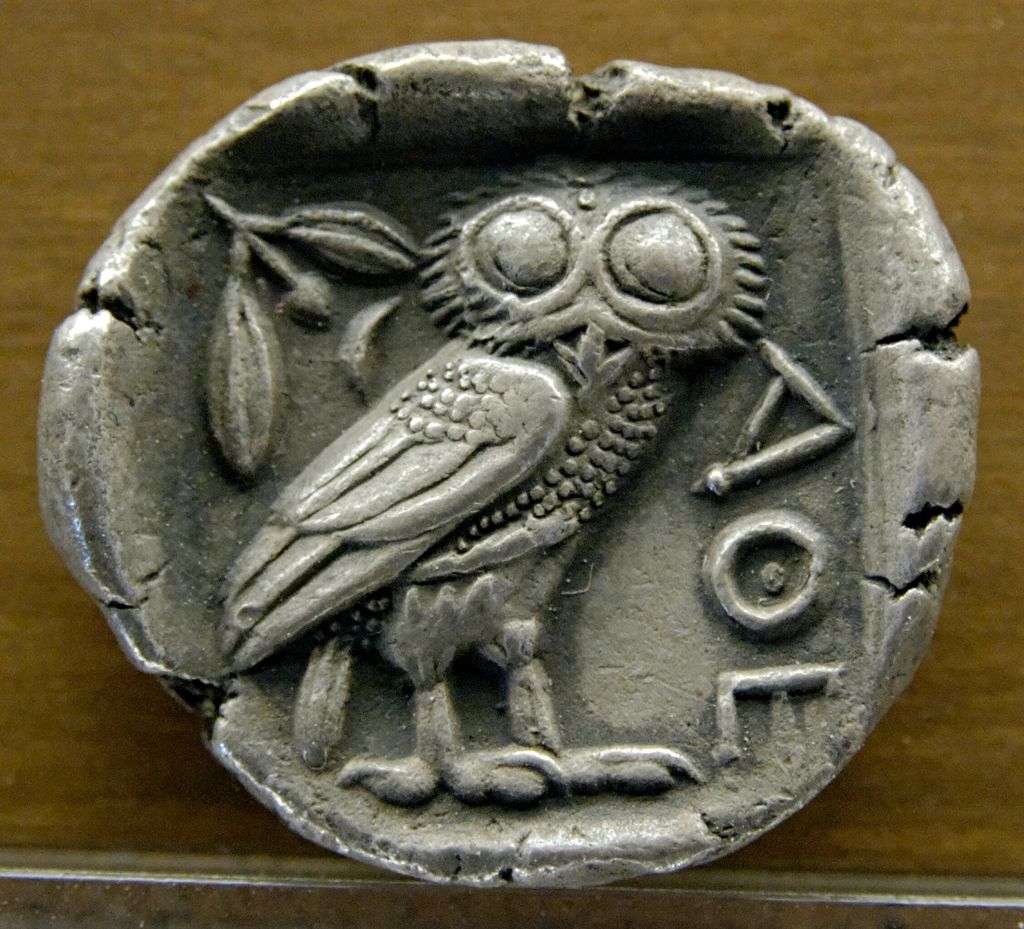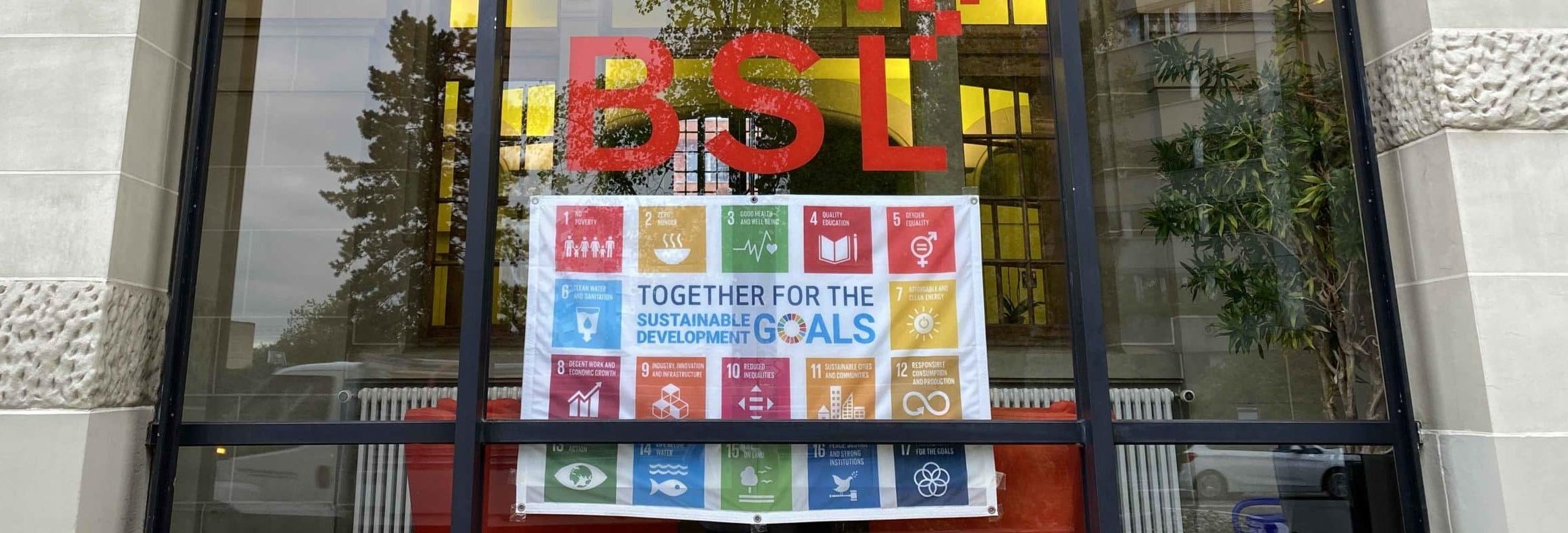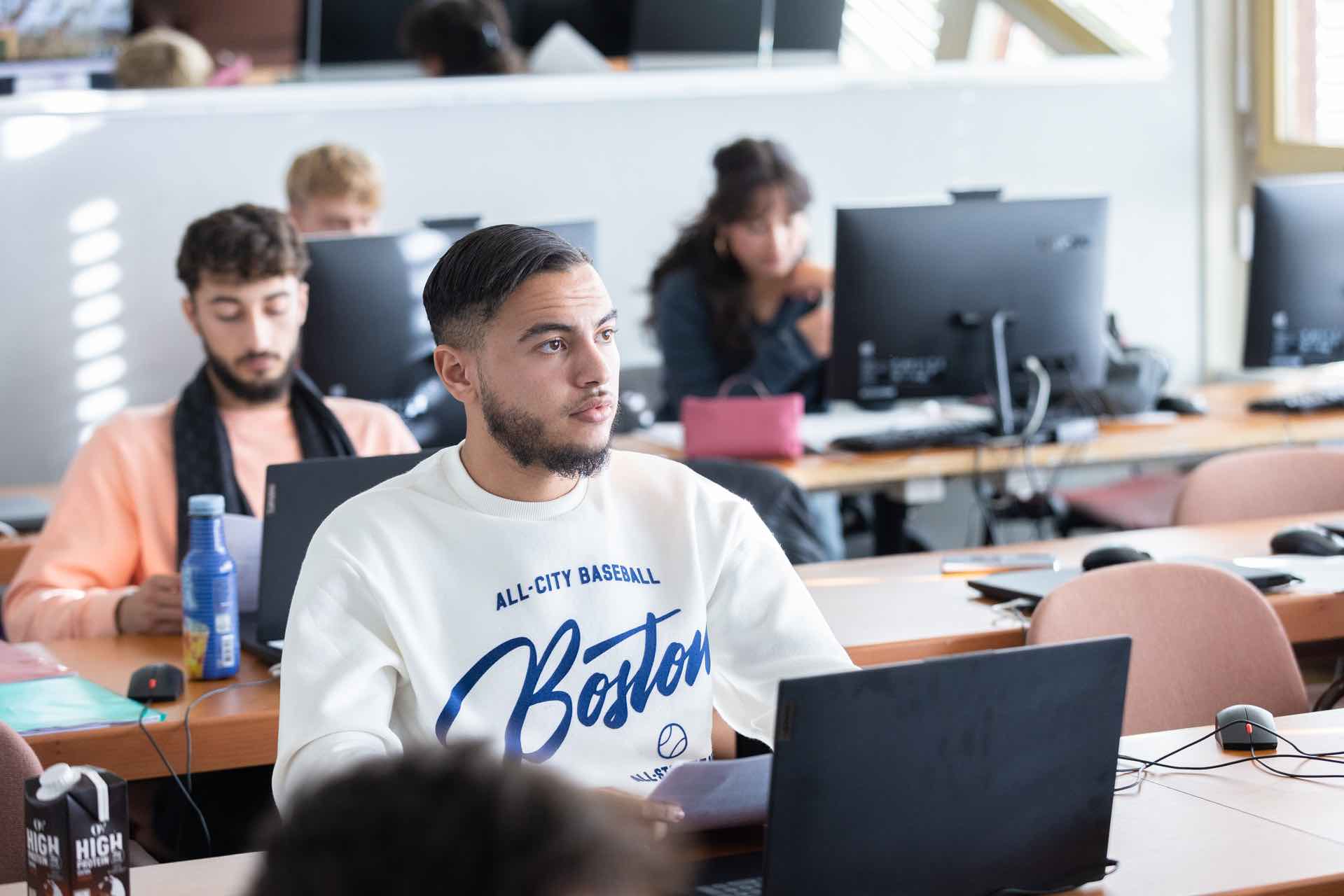Is it better to be a big fish in a small pond or a small fish in a big pond?

I recently read a fascinating book by Malcom Gladwell entitled “David and Goliath”. The subtitle of the book “Underdogs, Misfits, and the Art of Battling Giants” gives a good idea of its content.
The introduction explains how David beat Goliath in the Old Testament by using a totally different approach to fighting; his was based on velocity and mobility. It would be very difficult to summarize the whole book, given its diversity and the numerous topics dealt with, from David Boies becoming a famous lawyer in spite of his dyslexia, to the crucial role played by a picture in the history of the American civil rights movement in the 1960s. How to use a disadvantage to win is the common element of the different chapters.
As an educator, one chapter entitled “Caroline Sacks” particularly caught my attention. Caroline Sacks was a brilliant student in high school and she was passionate about science. She got A grades for courses she took at college while still a high school student. The summer after her junior year, she visited five universities with her father. When the time came to choose, she hesitated between Maryland University and Browne University in Boston, the latter being by far the more prestigious. She eventually chose the second option.
But was it the right choice? Most of us would say yes. Browne is a member of the Ivy League; it has more resources, etc.
Caroline’s difficulties started with chemistry in her freshman year. “The problem was she didn’t compare herself to all the students in the world taking Organic Chemistry, she compared herself to her fellow students at Browne. She was a Little Fish in one of the deepest and most competitive ponds in the country – and the comparison to all the other brilliant fish shattered her confidence. It made her feel stupid, even though she wasn’t stupid at all” (page 77). She was in fact suffering from “relative deprivation”. In the end, she abandoned her studies and didn’t graduate.
Perhaps Caroline might have graduated if she had chosen to go to Maryland University instead.
Why did we reach this conclusion?
In the same chapter of the book, Gladwell states that more than a half of all American students who start out in science, technology, and math programs drop out. The proportion of students failing is approximately the same in all universities. Gladwell compares the SAT results in math of applicants to Harvard University and to Hartwick College (an example of an average university). The bottom third of applicants to Harvard had a higher score than the top third of applicants to Hartwick (581 points vs. 569 from a total of 800). Did all these brilliant applicants succeed in their studies? Not at all; the number of graduating students from the top, middle and bottom third is almost the same in both universities. Applicants from the bottom third of Harvard would have had two to three times more chances of success if they had chosen to go to Hartwick.
This shows us how important it is to make the right choice. And the right choice may not be the most obvious one. Asked what would have happened if she had chosen to go to University of Maryland, Caroline Sacks answered without hesitation: “I’d still be in science”.
I will conclude with a rather long quotation, which summarizes perfectly what I took from Gladwell’s book. “Parents still tell their children to go to the best schools they possibly can, on the grounds that the best schools will allow them to do whatever they wish. We take it for granted that the Big Pond expands opportunities (…). We have defined what an advantage is – and the definition isn’t correct. And what happens as a result? We make mistakes. We have misunderstood the battles between underdogs and giants. We have underestimated how much freedom there can be in what looks like a disadvantage. It is the Little Pond that maximizes your chances to do whatever you want.” (page 93).
Philippe Du Pasquier
Picture by Pop!Tech – https://www.flickr.com/photos/poptech2006/2966503611/, CC BY 2.0, https://commons.wikimedia.org/w/index.php?curid=75912996
Other posts

Discover the Story of Mina, the AI of Lemania

Climate Change: Why We Shouldn’t Be Discouraged Despite Trump’s Return to Power

We are not condemned to choose between happiness and ecology

When the vocational training is just a first step

Writing by hand helps you remember, or the proper use of tablets

Ovomaltine, Rolex, Nescafé, Swatch or Nagra. What do they all have in common?


